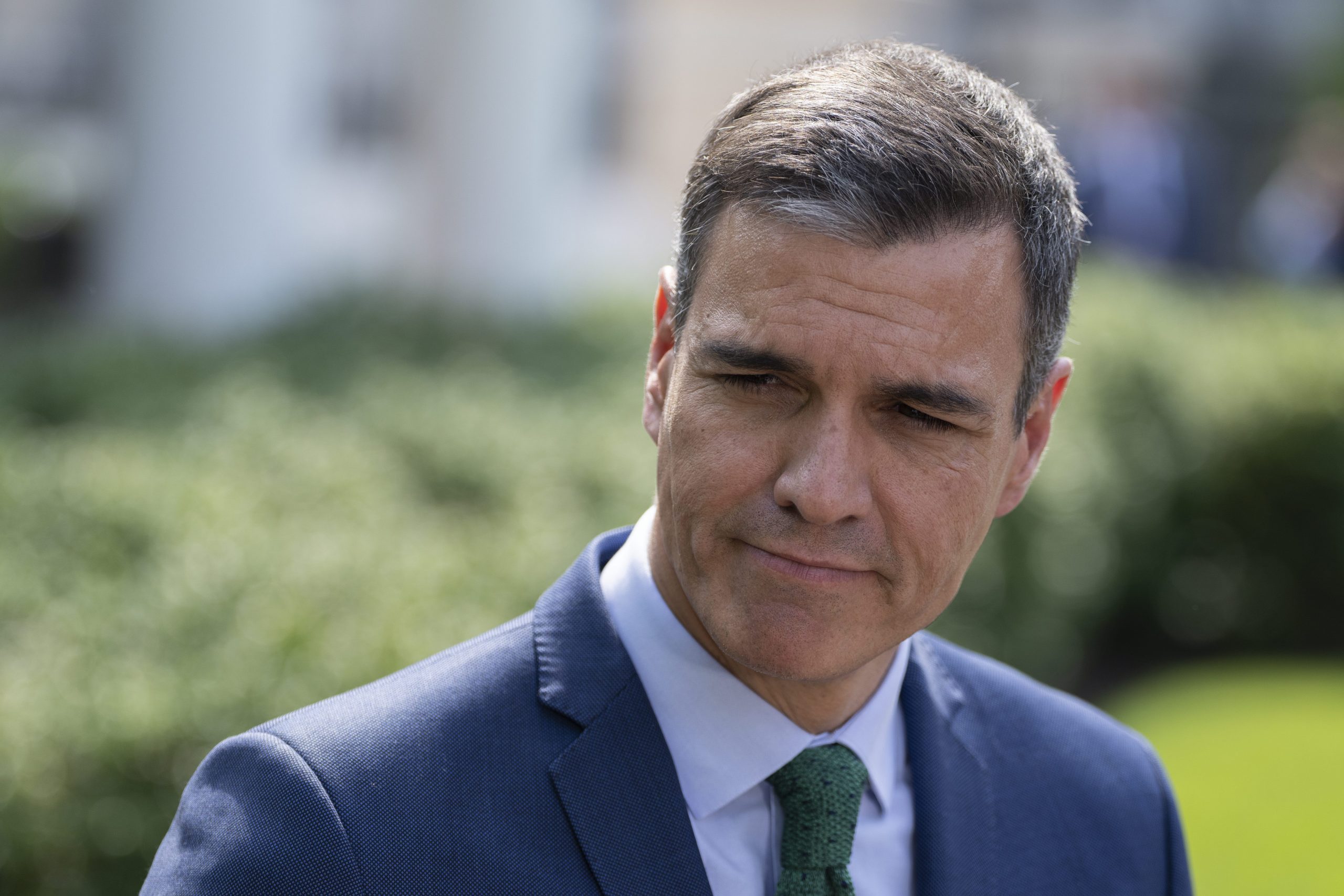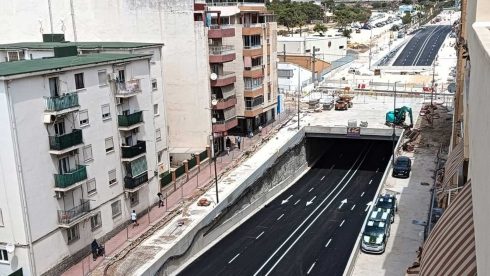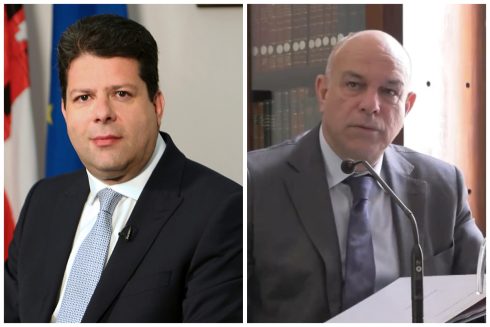SPAIN’S prime minister, Pedro Sanchez, has been famous for taking risky decisions throughout his political career. And most of the time, these decisions have paid off.
But what no one was expecting today, after his Socialist Party suffered a humiliating defeat at regional and local elections on Sunday, was for Sanchez to call a snap general election.
Spaniards will return to the polls on July 23, in the middle of many people’s summer holidays, rather than in December as was expected. The polls predict a victory for the conservative Popular Party (PP) but with the necessary support of far-right Vox in order to form a government.
“I have taken this decision given the results of the regional and municipal elections,” Sanchez announced on Monday. “I personally take responsibility for the results and I believe it is necessary to give a response and to submit our mandate to the will of the people.”
The prime minister went on to point out that Spain is about to assume the rotating presidency of the European Union.
“All of this suggests a clarification from Spaniards about the political forces that should lead this phase and the policies that should be applied,” he continued. “There is only one infallible method, which is democracy.”
But what else could be behind his decision?
A PP deal with far-right Vox
“The PP did well [at Sunday’s elections], but it will depend on Vox in several places,” wrote journalist and writer Michael Reid on Twitter on Monday. “And that is behind Sánchez’s calculation in calling the snap election. Because if the PP allies with Vox it is hard for it to gain many other allies in Spain’s increasingly fragmented parliament.”
Reid, who writes for The Economist, called the move a ‘bold gamble typical of Sanchez’. “He clearly senses a better chance of assembling a parliamentary majority now than later. But it is his riskiest bet: inflation has hurt Spaniards, moderate Socialist mayors and regional leaders blame him for defeat.”
Changing the conversation
In Spanish daily El Pais, op-ed writer Mariam Martinez-Bascuñan picked apart Sanchez’s strategies, comparing them to those of Machiavelli and questioning whether he was ‘bold or reckless’.
“Today there will be no talk about his defeat, but rather what is to come,” she wrote about his move. “That is another strategy, changing the conversation.”
The effect on the left
Another consequence of Sanchez’s decision is to force the other leftist parties into action.
Deputy Prime Minister Yolanda Diaz of Podemos officially launched Sumar in April of this year, in a bid to create a new platform to unite Spain’s leftist parties ahead of the general elections.
But her move has not sat well with Podemos, which considers her a traitor for setting up a new party. As a result, Podemos is yet to sign up to Sumar.
The idea was for the negotiations to continue once the May 28 local and regional elections were done and dusted and the fallout over. But thanks to Sanchez’s decision to bring the polls forward, Sumar, Podemos and any other party who wants to join only have 10 days to register a coalition.
The poor showing of Podemos at the polls on Sunday – it lost all of its seats in regions such as Valencia and Madrid – may serve as yet more motivation to close a coalition agreement as soon as possible.
The unanswered questions
It will only be after the July 23 elections that Spaniards will find out whether or not Sanchez’s latest high-stakes gamble has paid off. Until then, there are several unanswered questions, not least including what will happen with Spain’s presidency of the European Union? Could it start with one prime minister and end with another?
And more importantly, why hold a general election on July 23? Will the fact that half of the country will be on vacation have an effect, and was that part of Sanchez’s plan?
Whatever the case, expect an election where the postal vote is more important than ever.
Read more:
PP obtains over 26% more councillors across all Andalucia while PSOE collapsed on May 28 elections
Spain shifts to the right at 2023 local elections










